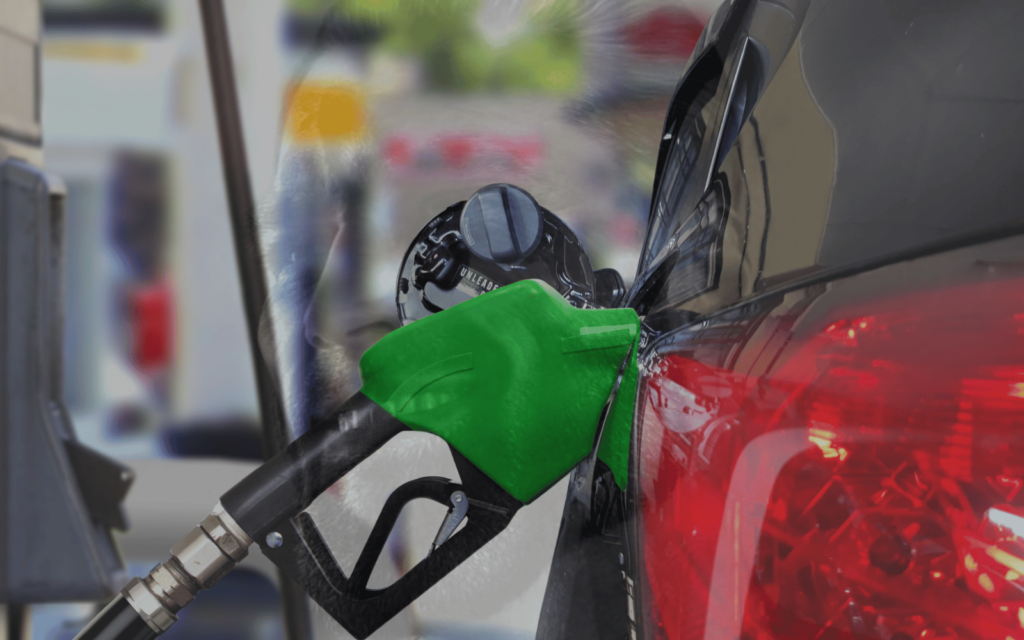Rejoice! It took a while (alright, many whiles) but the country is finally reaping its reward for being so patient. No, we’re not seeing the end of load shedding. Nor are we seeing a return to a R10 per dollar exchange rate, but we’re getting warmer. How about we just tell you, yeah? Those in charge of the Department of Mineral Resources and Energy have just published November’s petrol and diesel price updates and it’s good news for the country’s ever-rising fuel prices.
According to the Department of Mineral Resources and Energy, prices for petrol, diesel and illuminating paraffin will see their first drop in prices for months. That’s even after the Department has its way with the country after it implements a new 52c slate levy – up 22c from last month – onto the already-lowered prices that we’re getting into.
Remember remember, the first of November
As usual, it’s diesel drivers that get the short end of the stick. While petrol drivers are celebrating a nearly R2 drop in prices, those behind the wheel of a diesel car only have a R0.85 drop to look forward to. We’re doubtful they’ll be complaining – not after the months they’ve had.
Either way, there’s no use in heading out to the nearest petrol station for a fill-up straight away. The Department has decided to get the official announcement over and done with before the prices officially go into effect on Wednesday, 1 November at 00:01. For those that can’t avoid paying the nearest station a visit, it’ll be okay. We promise.
Read More: Merc’s new AMG GLE lineup will set you back at least R2.4 million in South Africa
From 00:01 on the morning of Wednesday, 1 November, petroleum-based fuels will see the following increases:
- Petrol 93: decrease of 178 cents per litre (R1.78)
- Petrol 95: decrease of 178 cents per litre (R1.78)
- Diesel 0.05%: decrease of 85 cents per litre (R0.85)
- Diesel 0.005%: decrease of 82 cents per litre (R0.82)
- Illuminating Paraffin: decrease of 130 cents per litre (R1.30)
If you’re looking for anyone to thank, it won’t be the Department of Mineral Resources and Energy. It doesn’t have the power to slash or increase the country’s fuel prices at will (though it was responsible for that 22c slate levy increase). It arrives at a figure based on the country’s current Rand/US Dollar exchange rate and the price of oil – both of which saw a depreciation this month, thanks to the US’ decision to ease sanctions on Venezuelan oil.





